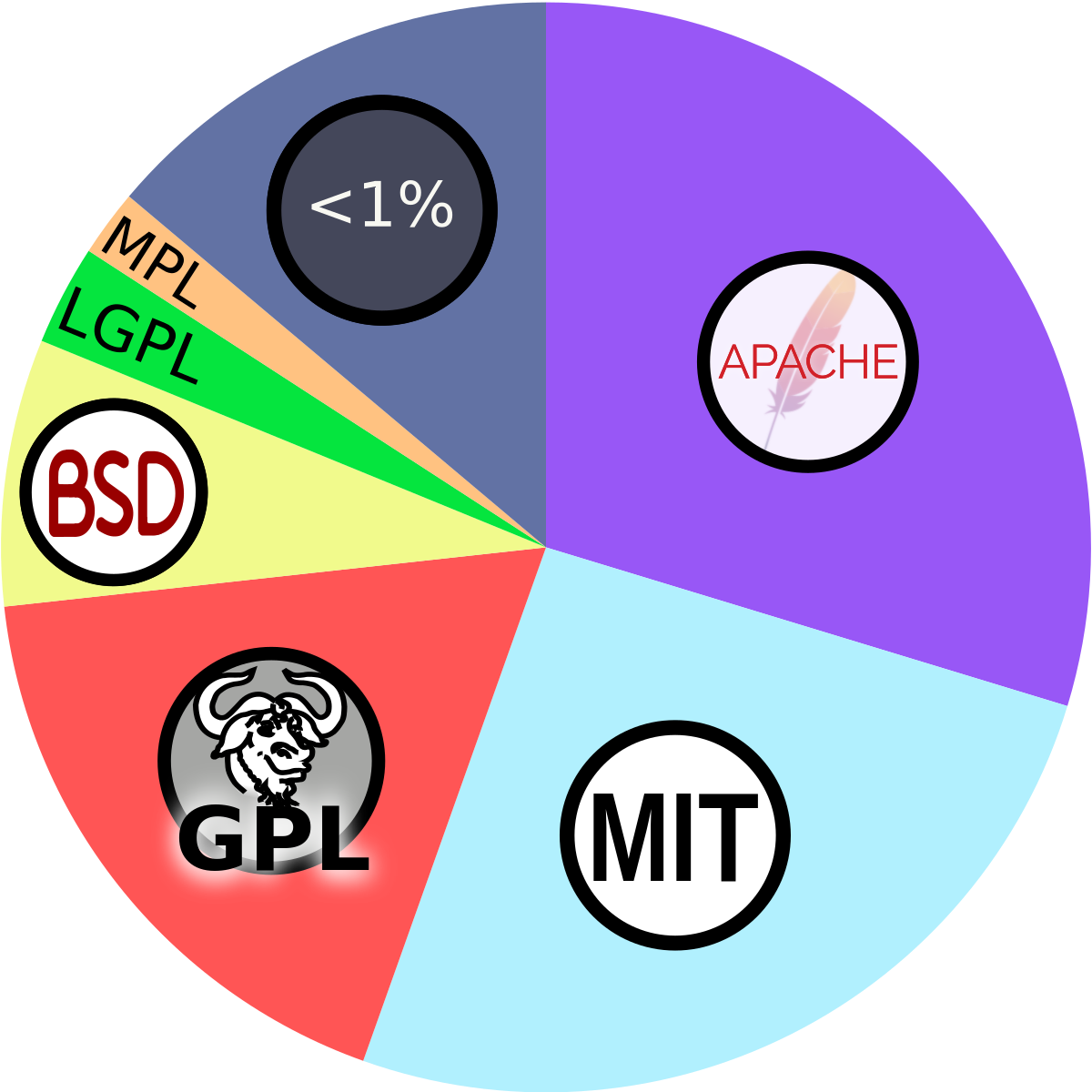Reading the following websites, I undertand that despite much is opensource, much more is actually cloud-source.

 www.quora.com
www.quora.com
As a conclusion, I define MacOS cloud-source, am I wrong?
Also, the MacOS versions that are released as opensource on the Apple websites are stopped at 5 years ago probably... It's pointless considerint the speed the technology moves.

Is macOS open source or closed source, and why?
Answer (1 of 9): Yes. Darwin, the kernel and BSD subsystems, are open source. The rendering engine for Safari, called WebKit, is open source. Swift, Bonjour, and the command line toolkit are open source. The user interface and UI APIs (including Quartz and Metal) are closed source. The Carbon a...
As a conclusion, I define MacOS cloud-source, am I wrong?
Also, the MacOS versions that are released as opensource on the Apple websites are stopped at 5 years ago probably... It's pointless considerint the speed the technology moves.






